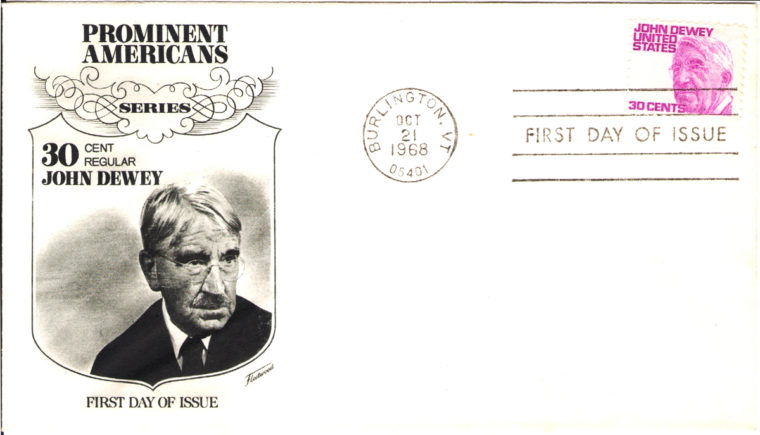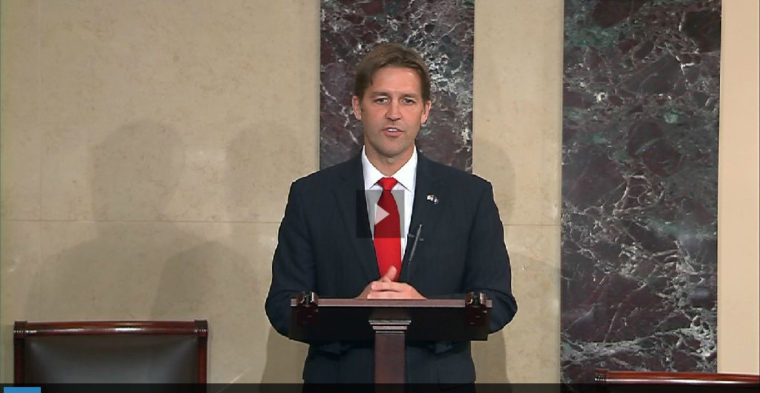
November 23rd, (updated), I’ll be heading to Biloxi, MS to give an interview on WLOX’s News at 4 show. After each I’ll be holding a book signing, though only the one in Tupelo has been scheduled at this point.

In “The Search for the Great Community,” from The Public and Its Problems, John Dewey argues that democracy’s prime difficulty has to do with how a mobile, complex, and many layered community can come to define itself and its interests. He believed that the key to addressing democratic challenges was to make use of democratic means, particularly communication. Democracy can embody wise leadership, but only with widespread, maximally unhindered communication, especially emphasizing the developments of human knowledge — the sciences, broadly speaking. For that reason, it is a clear and crucial extension of his democratic theory to value the public engagement of scholars with their communities.
When Dewey referred to public engagement, however, that did not mean only a one-way street. Communication takes listening too. So, the point isn’t only for scholars to speak to audiences, but for them also to learn from the people. When I write, I draw increasingly often from newspapers and magazines to illustrate my points about what people are saying and experiencing beyond the academy. Scholarly research is vital, but so is the world beyond the academy. Some circles have criticized me for it in peer-reviews, but so far I haven’t let that dissuade me from seeing scholars’ task as needing to draw also on sources and input from beyond the academy. In addition, talking with people around Mississippi and in other states about my work has revealed all kinds of interesting insights. Some people offer me great examples that I can use to strengthen my points. Others highlight challenges for bringing about the kinds of changes that I believe are needed.
Continue Reading »





 About Me
About Me